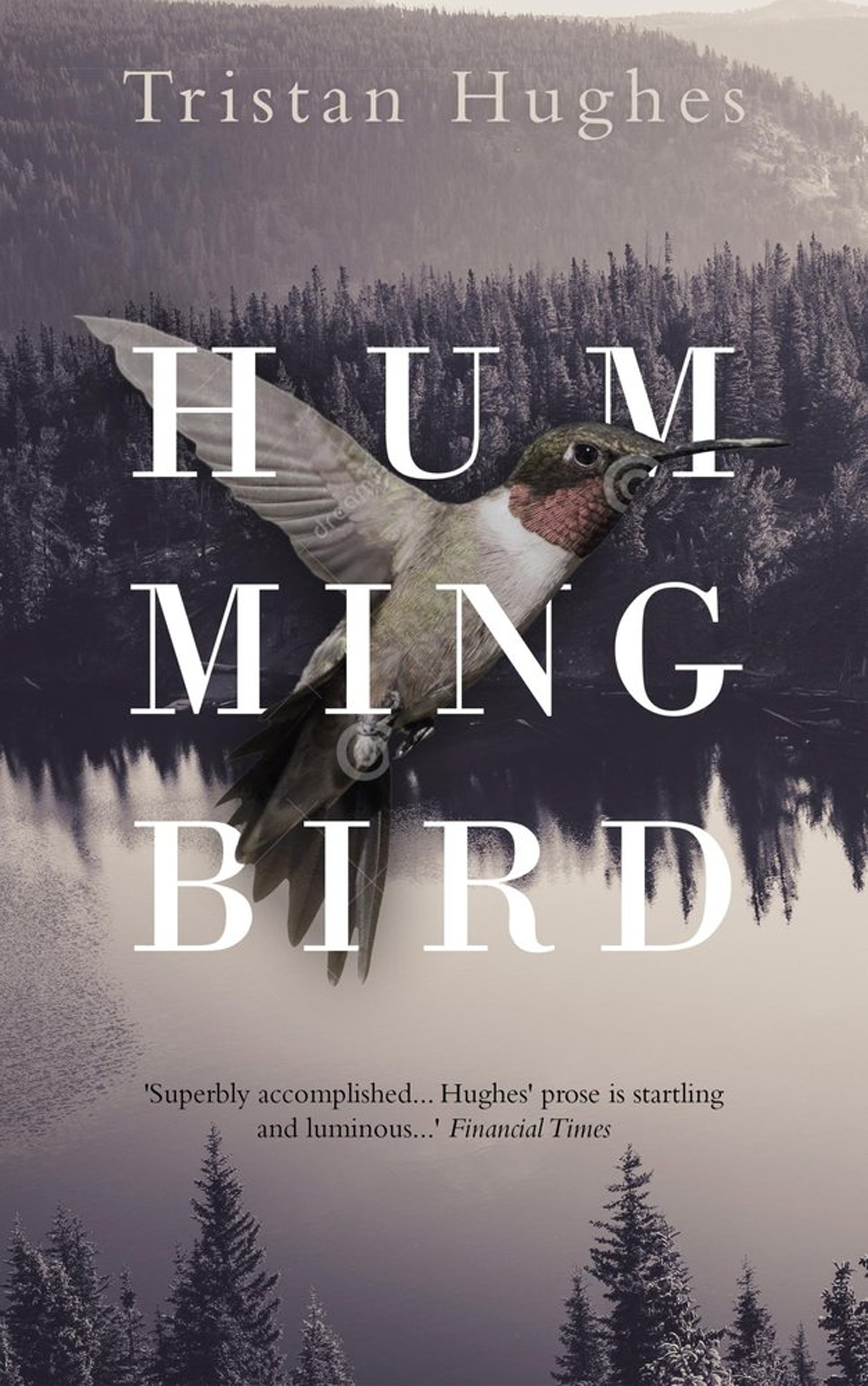Review:
Hummingbird by Tristan Hughes
and Pigeon by Alys Conran
From Planet 226

Maria Donovan reviews
Hummingbird by Tristan Hughes
and Pigeon by Alys Conran

Parthian, £9.99
Two very different novels with certain things in common: a pairing of boy and girl carrying burdens of anger and grief; settings that become mythological and strange; disaster and abandonment; redemption and the shedding of old skins.
Tristan Hughes’s fifth novel, Hummingbird, takes us to northern Ontario, a vastness of trees, sky and bodies of water, named and unnamed; a far-reaching perspective and freedom, tempered by a disturbing sense that there is no escape. Fifteen-year-old Zachary Taylor and his father are living permanently in their one-time summer camp at Sitting Down Lake. Though the novel is narrated by an older Zack, in a wry, clear voice that seems to re-imagine as much as it remembers, the main focus stays upon the few months in the teenager’s life when his habit of quietly looking, trying to find some inner peace after the loss of his mother, is shaken by the arrival of Eva, a girl orphaned in dramatic fashion. Zack respects his taciturn neighbours’ privacy and accepts their odd behaviour: Oskar the Finn, who takes Zack leech-hunting, and Lamar, whose eyebrows are his main form of expression. Even Zack’s father struggles to talk, as Zack says, about ‘those subjects which revealed the cruelly ragged and random aspect of the world’ though he tries because, Zack adds, ‘he didn’t want me to be ambushed by them either, as we had both been before’.
Sign in to read more